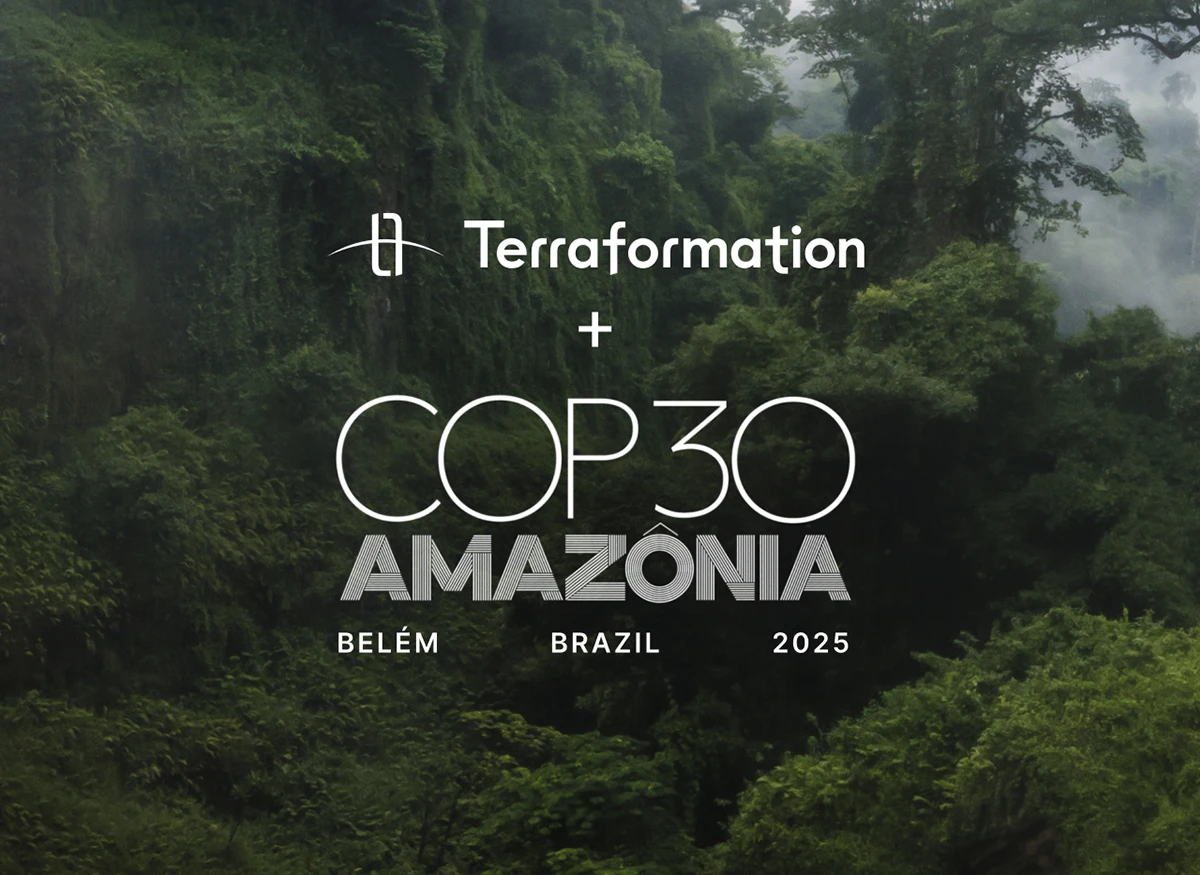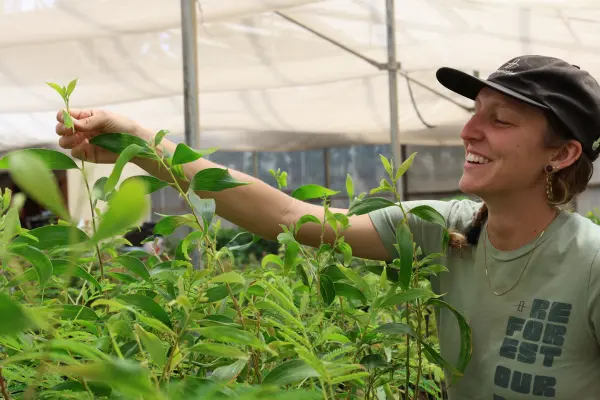Meet Dr. Ruth Bone — Forestry Partnerships Lead
.webp)
Dr. Ruth Bone says partnerships begin with listening. “There’s a lot of listening and learning that goes on,” she says. “It’s all about getting people together, trying to add value, and working toward common goals.”
Ruth has a background in practical horticulture and plant conservation. Upon graduating with a PhD in Botany from Trinity College Dublin, she secured a National Geographic Society - Waitt Grant to study the coastal savanna flora of French Guiana. Following this research, Ruth spent the next eight years on the science team at the Royal Botanic Gardens, Kew. She initially continued her botanical research, delving into dryland orchid evolution in the Afro-Madagascar region. But as she studied the edible orchid trade alongside Zambian colleagues, she found the botany inextricably linked to local communities.
In 2016, Ruth made the transition to Kew’s Millennium Seed Bank Partnership, where she coordinated a Pacific-regional seed conservation program and kick-started new partnerships including, for the first time, with a First Nations-led organization (Te Tira Whakamātaki). She also led an interdisciplinary project on the edible orchid trade, collaborating with colleagues from Zambia, South Africa, and Sweden.

Ruth formally joined Terraformation as the first Forestry Partnerships Lead in August 2020.
It was Terraformation’s unique blend of knowledge that drew her to the company, with team members not only from the environmental sector but also technology, finance, and business. “We have this amazing, diverse team with so many different skills, areas of expertise, and backgrounds.”
This diversity accelerates project development. Terraformation can support partners through the entire project lifecycle, from early-stage scoping to project financing, tackling soil and botanical hurdles, skills training, and long-term project support.
Yet, even before solving ecological and technical challenges, restoration begins with the foundational work of building credibility and cultivating authentic relationships. Ruth emphasizes the importance of working with local organizations that have deep knowledge of the languages, land tenure, and authority structure in a particular region. In any restoration project that will impact a community, centering livelihoods and supporting indigenous food systems are essential.
Ruth is currently developing projects in locations as disparate as Aotearoa New Zealand, Oman, and Zambia. “We’re taking a really holistic approach,” she says. “We’re looking at biodiversity benefits, ecosystem services, livelihoods, what local communities want and need, and how we can help them to scale.” And while each community has different needs, all are united by a common goal: to flourish.
Dr. Ruth Bone is a team member on contract with Terraformation. She's been supporting Terraformation's partnerships work since August 2020.
















